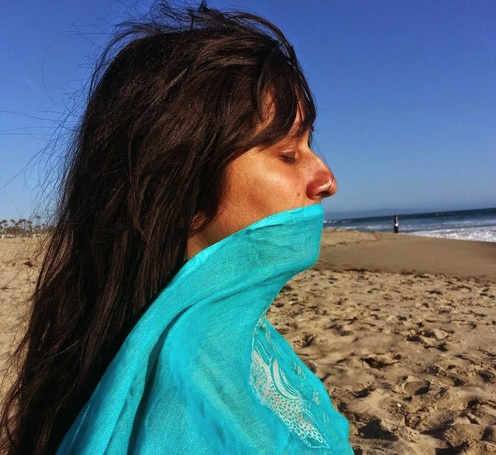JENNY ZHANG: You know a while ago, the writer, cultural critic, and editor of The New Inquiry, Ayesha Siddiqi tweeted “why are my tweets better than your thinkpiece? bc you grew up entitled to being a ‘writer’ and I grew up being resented by white teachers” and then went on this brilliant sequence of tweets where she basically lays out what it feels like to be denied and erased and dismissed and ridiculed and disbelieved at every step of the way by the educational system when you are considered an alien in the western, industrialized world, when you are that subaltern who was supposed to fail but didn’t.
There was something so fucking powerful about Ayesha’s insistence on using a form and a forum like Twitter instead of writing that Important Thinkpiece in that Important Publication and insisting that she can do better in 140 characters than what most people can do in a “proper” thinkpiece published in an established place with institutional backing. And then Ayesha ended up tweeting a series of shout-outs to people of color who gave themselves permission, who didn’t wait to be asked before they spoke, before they created something, or before they gave themselves the same amount of room to make mistakes and stumble that is often afforded to those who are considered native, who are considered educated, who are considered experts, who were born permitted.
It was exhilarating to be witness to that tweeting tear from Ayesha, and for me, Bhanu’s work does much the same, although in a different tone and in a different landscape, both offline and online. She gives herself permission to totally and completely fuck it, and by doing so, she gives me permission, to totally and completely fuck it. We’re not writing The Important Book, we are throwing it in the garden, and the tatters are what end up mattering more.
Sofia Samatar: That’s such a perfect example, Jenny, because of how Bhanu’s work speaks across distance. I mean, it speaks directly to us, like Ayesha’s tweets. I’m thinking too of the people she credits, constantly, her thank-yous, her shout-outs. Making community visible seems central to her work (nowhere more so than in Ban but that’s jumping ahead!).
Read More | "Reading Bhanu Kapil"| Amina Cain, Douglas A. Martin, Sofia Samatar, Kate Zambreno, Jenny Zhang | Believer Mag
